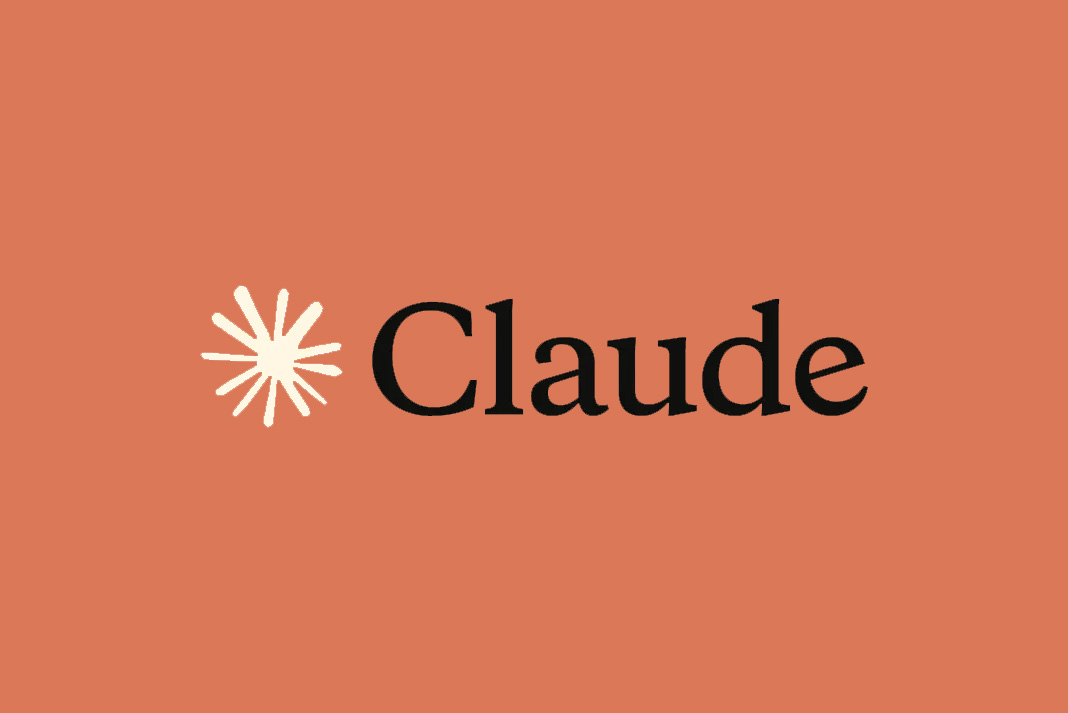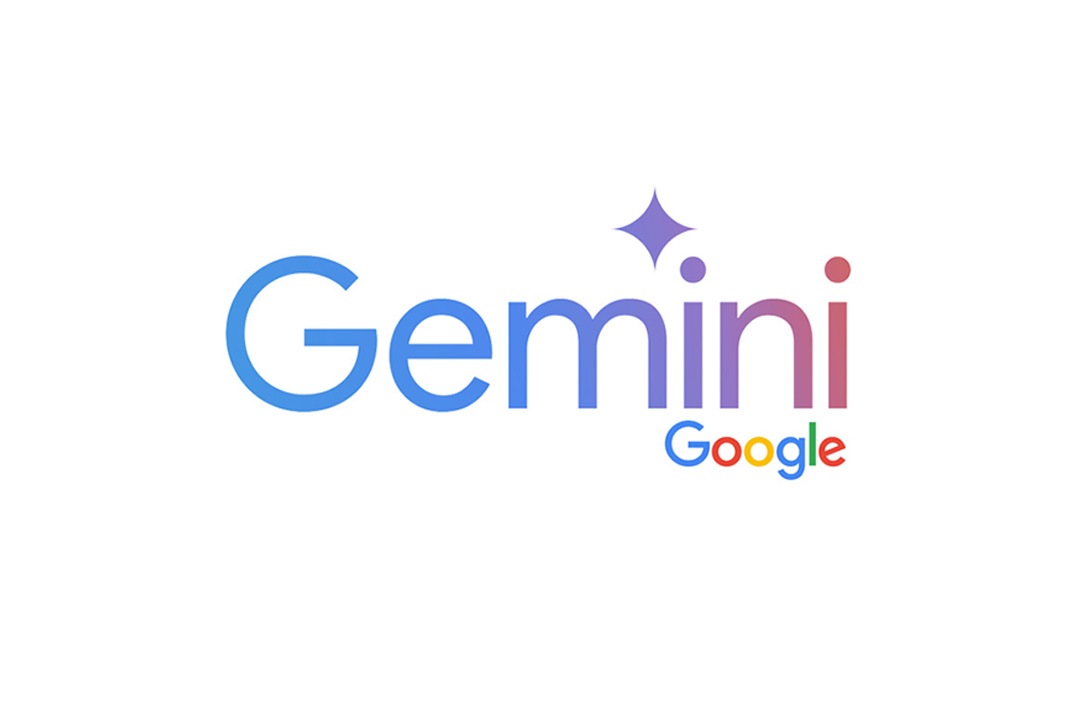Right, so if you’ve been keeping half an eye on what Anthropic’s been up to, you’ll know November’s been rather full on. The team’s rolled out a proper line-up of updates to Claude that actually make a difference to how the thing works. From faster models to better integrations with the tools you’re already using, there’s a fair bit to take in. I reckon it’s worth sitting down with a cuppa and working through what’s new, because some of this stuff will save you real time in your actual work.
Claude Haiku 4.5: The Speedy Model Gets Smarter
Right, here’s the thing about Haiku. It’s always been the lean, quick option, the one you’d use when speed matters more than bells and whistles. But on October 15th, Anthropic dropped Claude Haiku 4.5, and it’s shifted the game a bit.
This model now delivers near-frontier performance while staying blazingly fast. That’s a proper useful combination. If you’re running high-volume processing, real-time applications, or anything where cost-sensitive deployments matter, Haiku 4.5 is now genuinely capable of handling complex reasoning without making you wait around.
Practical uses? Content teams generating bulk summaries for research. Customer support bots that need to understand context quickly. Real-time data analysis in tools like Tableau or Shopify integrations. Developers who’d previously felt they had to pick between speed and smarts now get both.
Claude Sonnet 4.5: The Heavyweight Gets Heavier
Sonnet 4.5 launched on September 29th, and it’s become the go-to for complex agent work and coding tasks. The model now performs at the highest level across most benchmarks, which means it’s handling intricate code generation, multi-step reasoning, and sophisticated problem-solving without breaking a sweat.
If you’re a developer building agents that need to make decisions, parse complex data, or generate production-ready code, this is where you want to be. The coding benchmarks show it leading its class, and the domain knowledge is genuinely solid across technical fields.
Marketing teams using Claude through Slack for extracting insights from CRM data, pulling decisions from call transcripts, or synthesising research will feel the difference. It’s faster at understanding context and more reliable when the task gets fiddly.
Life Sciences Gets Purpose-Built Support
This one matters if you work in research, pharma, or healthcare tech. Anthropic’s rolled out dedicated tools to make Claude a proper partner for the entire research lifecycle, not just individual tasks.
Sonnet 4.5 now scores 0.83 on Protocol QA, a benchmark measuring understanding of lab protocols, beating the human baseline of 0.79. That’s not a small thing. It means the model genuinely grasps what researchers are doing and can help with real laboratory work.
What’s new includes connectors to scientific platforms, a library of life sciences specific prompts, and dedicated support for researchers, clinical coordinators, and regulatory affairs managers. If you’re writing grant proposals, analysing experimental data, or preparing regulatory submissions, Claude can now walk through the whole process with you.
Salesforce Partnership: Enterprise Gets Safer Access
Back in October, Anthropic and Salesforce expanded their partnership to bring Claude into regulated industries through Agentforce. The bit that matters here is this: Claude became the first LLM provider fully integrated within Salesforce’s trust boundary.
What does that actually mean? It means financial services firms, healthcare organisations, cybersecurity teams, and life sciences companies can now use Claude at scale without compromising security or compliance. RBC Wealth Management’s already using it to help advisors prepare for meetings, which was eating up their time before.
There’s also deeper integration with Slack for conversation summaries, decision extraction, and document analysis that pulls from Salesforce CRM and Tableau. If you’re in a regulated industry and you’ve been hesitant about AI, this setup is designed to address those concerns.
Context Editing and Memory Tools: Conversation Gets Smarter
Two things landed in beta that make working with Claude across longer conversations more practical. Context editing, which arrived on September 29th, lets Claude automatically manage conversation context. When you’re running close to token limits, the model can now clear older tool results and calls without losing the thread.
Memory tools landed at the same time. Now Claude can store and consult information across conversations. That’s useful if you’re working on a long project and need the model to remember what you’ve already discussed. Customer service teams, product managers working on iterative briefs, researchers building on previous analysis all benefit here.
Model Deprecation: Time to Update Your Workflows
Right, this is the admin bit that matters if you’re running Claude in production. On October 28th, Anthropic deprecated Claude Sonnet 3.7. Then on November 10th, Claude Sonnet 3.5 was deprecated across all GitHub Copilot experiences.
If you’re still using Sonnet 3.5, you need to migrate to either Sonnet 4.5 (for paid plans) or Haiku 4.5 (for free tier). GitHub’s already moved Copilot Free users to Haiku 4.5 automatically, which means you’re getting significantly stronger capabilities without extra cost.
Check your integrations, test your workflows with the new models, and update any hardcoded model references in your code. The older models will start returning errors, so it’s worth doing this sooner rather than later.
Claude’s Getting More Self-Aware (Sort Of)
Anthropic published research showing that Claude Opus and Claude Sonnet are developing limited introspective capabilities. They can now answer questions about their own internal processes with surprising accuracy. Claude Opus can describe how it reasons, and Sonnet can recognise when it’s being tested.
Before you get excited about artificial consciousness, though, this isn’t about the models waking up. Anthropic uses the term ‘introspective awareness’ deliberately to avoid the sci fi connotations. What it actually means is the models are getting better at explaining their own reasoning, which could make them safer and more reliable. For practical purposes, this means better explainability when Claude describes why it’s making a particular choice or recommendation.
What You Should Do Now
If you’re running Claude in production, audit your model versions this week. If you’re considering Claude for new projects, Haiku 4.5 and Sonnet 4.5 are now the versions to work with. If you’re in healthcare, finance, or research, the new life sciences features and Salesforce integration are worth exploring with your team.
The memory tools and context editing are still in beta, so they’re worth testing in non critical workflows first. But they’re genuinely useful when you need Claude to handle longer, more complex projects.
Head over to claude.ai to try the latest models yourself. If you’re building with the API, check the developer docs for the specific implementation details. And if you’ve got feedback on any of these updates, Anthropic’s actively listening.





